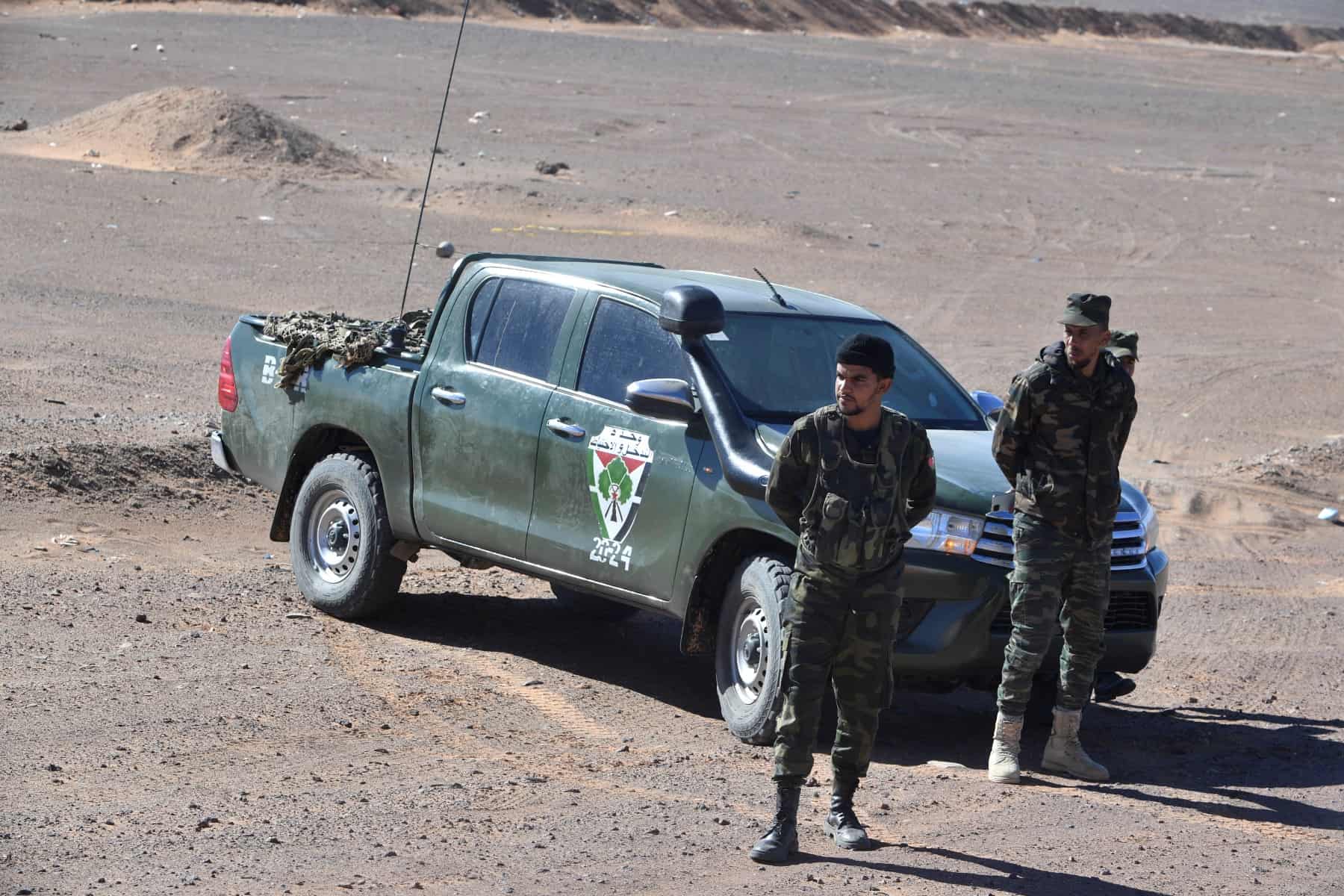The Polisario Front, which seeks independence for Western Sahara, re-elected its leader Friday in its first vote since the breakdown of a UN-supervised truce with Morocco, which controls most of the disputed territory.
Brahim Ghali, 73, was elected to a new three-year term with 69 percent of the votes of delegates to 31 percent for his challenger Bechir Moustafa, the Sahrawis’ official SPS news agency reported.
Despite recent health problems, Ghali, who has held the position since 2016, had been widely expected to get re-elected as he retained the support of the Polisario’s main foreign backer Algeria.
Ghali developed a serious case of Covid in April 2021, for which he received treatment in Spain, triggering a rift between Madrid and Rabat that resulted in Spanish concessions on the Western Sahara issue.
Ghali’s position as Polisario secretary-general also makes him president of the self-proclaimed Sahrawi Arab Democratic Republic, which is a member state of the African Union but recognised by only a few dozen countries around the world.
The Western Sahara dispute dates back to 1975, when colonial ruler Spain withdrew from the territory, sparking a 15-year war between the Polisario and Morocco.
That ended in a 1991 ceasefire agreement, with the North African kingdom in control of 80 percent of the territory and the Polisario clinging to hopes of a UN-supervised referendum on independence promised under the deal.
The referendum has never taken place.
The truce broke down in November 2020 after Morocco sent troops to the far south of Western Sahara to disperse Sahrawi protesters who were blocking the sole highway to Mauritania and the rest of Africa, which the Polisario says was built after 1991 in violation of the agreement.
A string of deadly incidents since has sparked fears of a return to full-blown conflict.
The administration of former US president Donald Trump recognised Moroccan sovereignty over Western Sahara in return for the kingdom’s normalisation of its relations with Israel.
Emboldened by that support, Rabat has stepped up pressure on other countries to follow suit, leaving the Polisario increasingly isolated.








